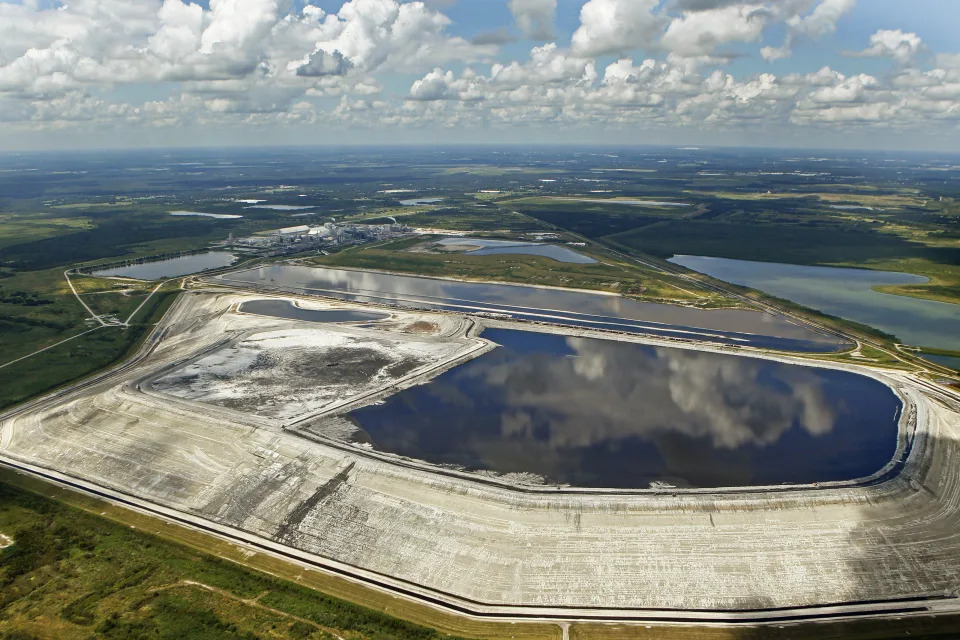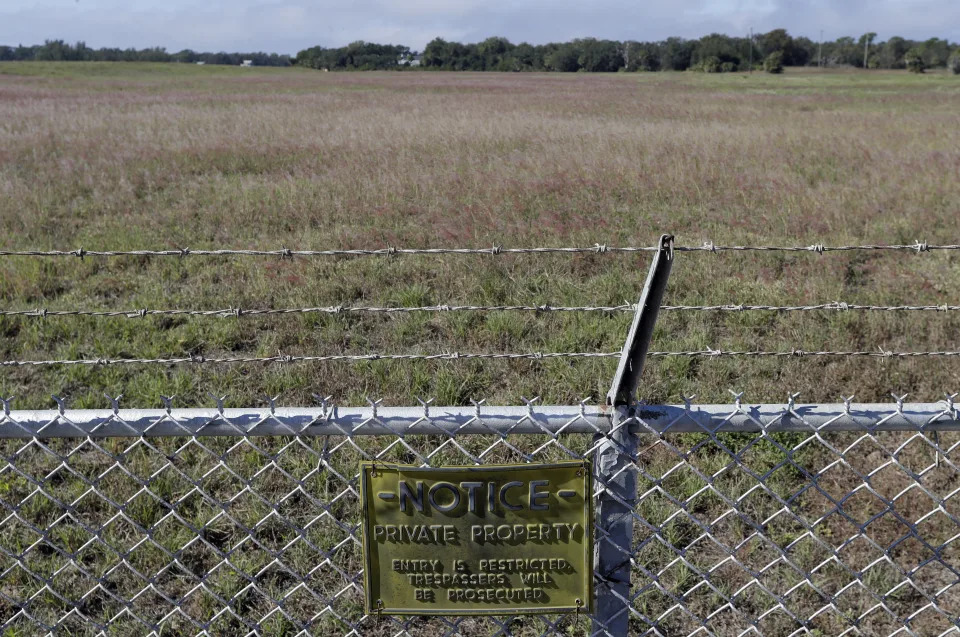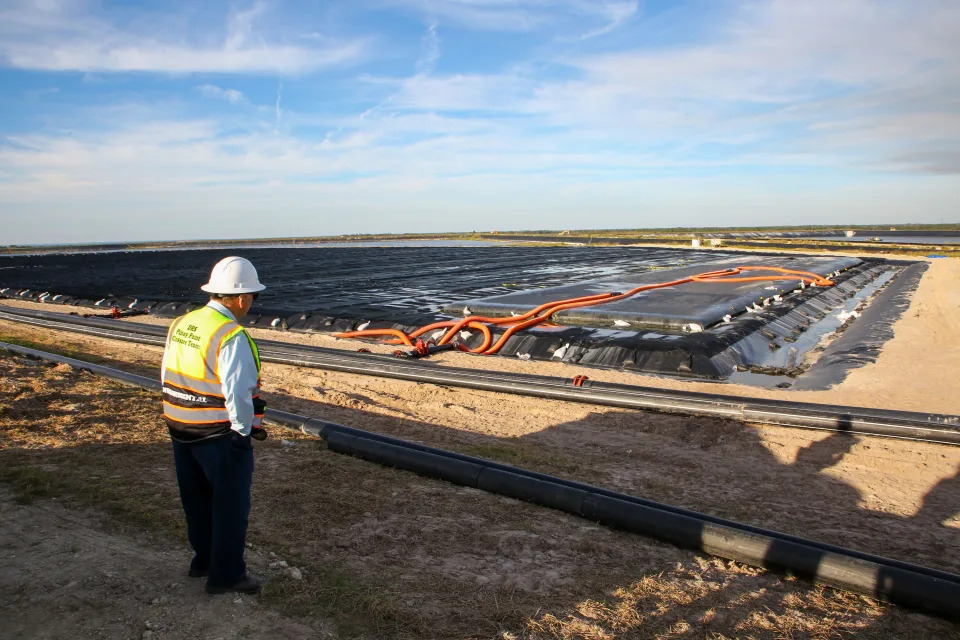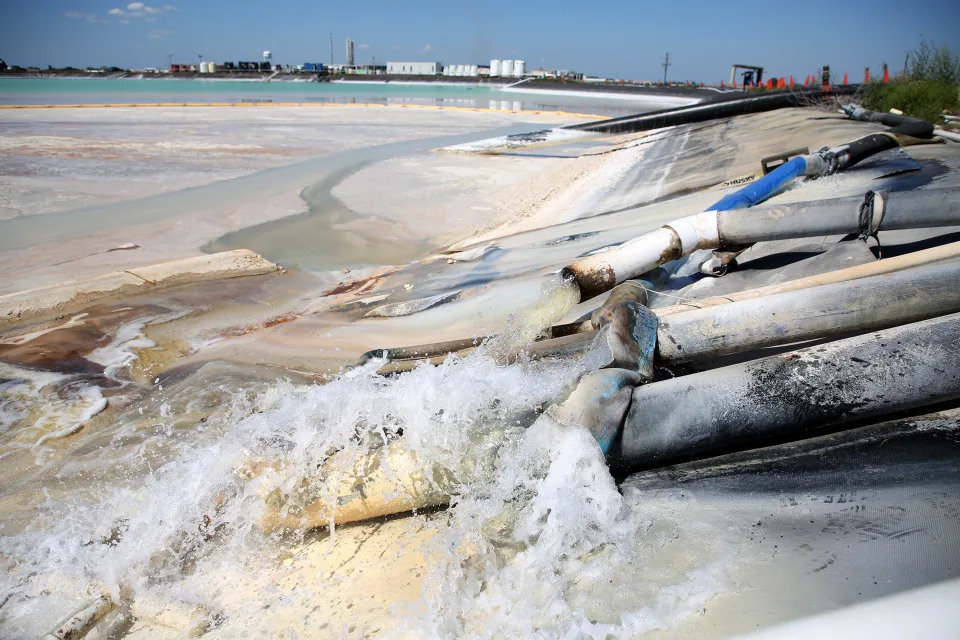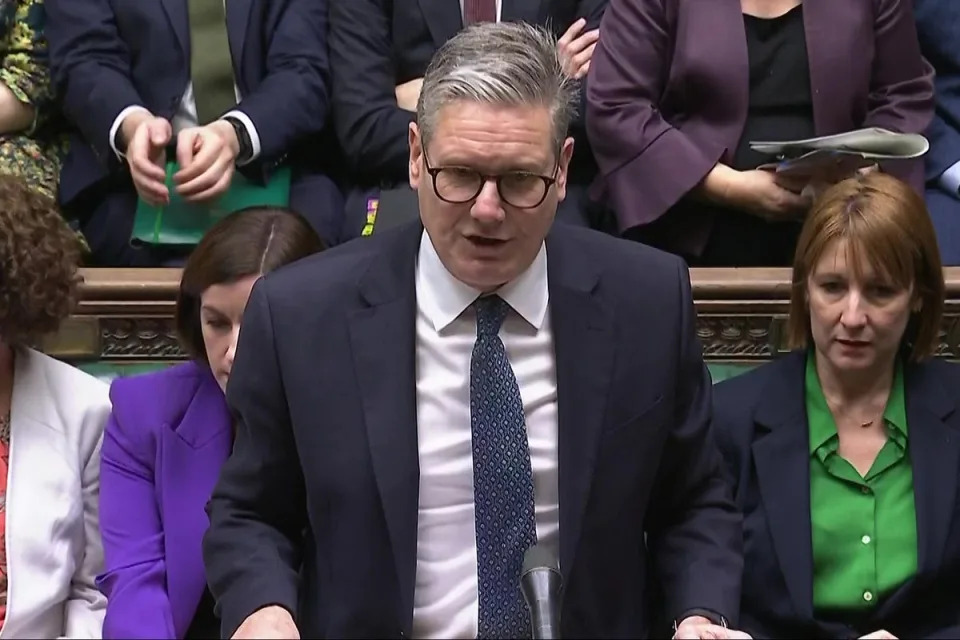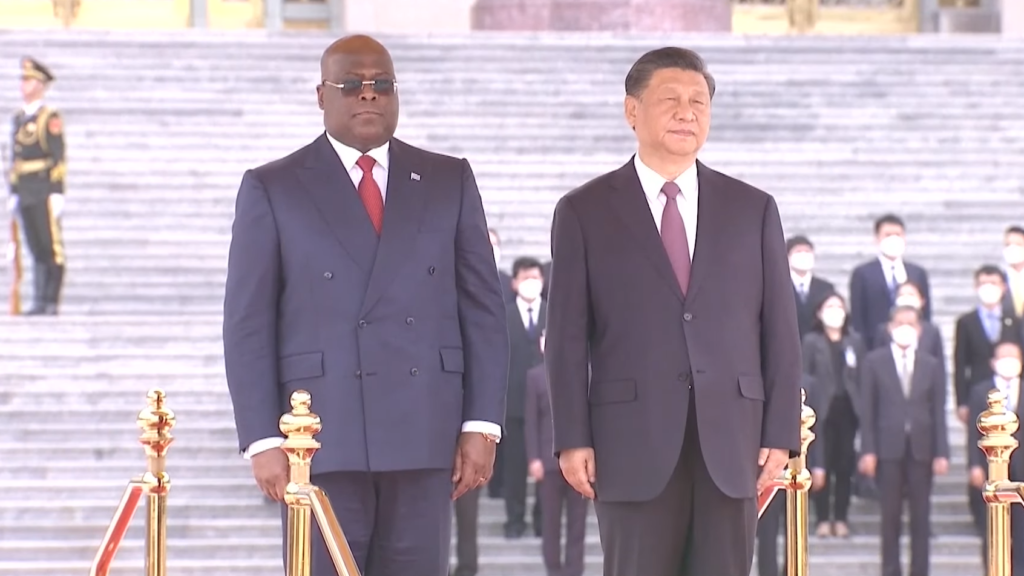Trump is not women's "protector": New Brett Kavanaugh report shows MAGA protects predators
Amanda Marcotte
Wed, October 9, 2024

Brett Kavanaugh and Donald Trump Photo illustration by Salon/Getty Images
In a recent Pennsylvania stemwinder that raised eyebrows even by MAGA standards, Donald Trump declared himself the "protector" of women. "You will be protected, and I will be your protector," the GOP nominee droned, in a tone one online commentator compared to "talking through the locked basement door to the pregnant woman he's imprisoned." Trump promised to save women from ever feeling "abandoned, lonely, or scared," and insisted that "you will no longer be thinking about abortion."
Dishonest on its surface, of course — it's not like the president can get you a date on Friday night — but also on a deeper level. As Vice President Kamala Harris pointed out to "Call Her Daddy" host Alexandra Cooper on Sunday, "This is the same guy that said women should be punished for having abortions." She also reminded listeners that Trump likes to call women "pigs" and "dogs." She didn't mention Trump was also found liable for sexual assault by a New York jury, though to be fair to Harris, Trump's list of misogynist transgressions is so extensive that she may have run out of time before getting to that point.
Trump won't protect women, but on Tuesday, we were reminded of who he is determined to protect: Men he believes to be his fellow sexual assailants. Sen. Sheldon Whitehouse, D-R.I., released a years-long investigation into how the Trump White House responded when Christine Blasey Ford accused Justice Brett Kavanaugh of attempted rape during his 2018 confirmation hearing to the Supreme Court. Unsurprisingly, Trump's goal was to suppress evidence and silence anyone who could corroborate her story. Yet the details that show the extent of the cover-up are still shocking.
Want more Amanda Marcotte on politics? Subscribe to her newsletter Standing Room Only.
Trump told the public at the time that the FBI had "free rein" to investigate the allegation and he wanted them "talking to everybody." This was a flat-out lie. As the new report outlines, the White House blocked the FBI from interviewing either Kavanaugh or Blasey Ford. Investigators were barred from interviewing corroborating witnesses. A "tip line" was set up, but tips were sent to the White House, which ignored them. It's important to remember there was a lot of corroborating evidence, including another woman who claimed Blasey Ford was abused by Kavanaugh in front of witnesses. As Whitehouse said on Twitter, the investigation "was a sham, controlled by the Trump White House, for political cover to Senate Republicans to put Judge Kavanaugh on track to confirmation."
Polls at the time showed most Americans believed Kavanaugh was guilty. The White House cover-up shows Trump and his staff also believed in Kavanaugh's guilt. If they thought Kavanaugh was innocent, they would have been eager to conduct an investigation to exonerate him. Instead, they ignored over 4,500 tips and prevented the FBI from doing basic background research.
Trump loves to scare white women with threats that immigrants will rape them, but doesn't seem bothered by the exponentially more likely threat that a woman will be raped by someone she knows. As sociologist Nicole Bedera argued on the Electorette podcast last week, this isn't hypocrisy, but a sign of Trump's belief that privileged men have a prerogative to commit sexual violence. He wishes for certain, mostly white men to reserve the right to rape. This is true when looking at his own history of both committing and bragging about sexual violence. But, as the Kavanaugh example shows, it's also shown by Trump's eagerness to surround himself with his fellow abusers and protect them from facing any accountability.
In August, Trump rehired his former aide Corey Lewandowski to his campaign. Whether on the payroll or not, Lewandowski has been at Trump's right hand for years, despite being videoed physically assaulting a female reporter, which Trump praised him for. Lewandowski has a laundry list of sexual harassment and abuse allegations. One of his accusers, a former GOP donor named Trashelle Odom, spoke out last week in outrage. She filed charges of stalking and assault against Lewandowski in 2021, which he got dismissed in exchange for community service.
In Trump's world, these allegations are a resume-polisher, however. His close aide and co-defendant, Walt Nauta, was hired to be Trump's body man after Nauta was stripped of his Navy security clearance following repeated complaints of sexual harassment. Rudy Giuliani, Vince McMahon, Steve Bannon, Rob Porter: all close Trump allies, all accused of sexual or domestic violence. John McEntee, a close aide and architect of Project 2025, was recently outed by Wired for sending sexually explicit messages to teen girls, even as those girls said it made them uncomfortable. Behaving like a creep toward women is a common theme in Trump Land.
Tech billionaire Elon Musk certainly seems to have grasped the message. He's been courting Trump's approval publicly for years, but made tremendous headway in the past couple of months. In August, Trump sat down for an "interview" with Musk that was really more a hard-to-follow discussion between two blowhards that went on for over two hours. Over the weekend, Musk leapt maniacally behind Trump at a Pennsylvania rally. But in the surest sign that Musk knows what it takes to be a MAGA leader in good standing, he sexually harassed pop star Taylor Swift for endorsing Harris instead of Trump. "I will give you a child and guard your cats with my life," this allegedly adult man tweeted.
Former Secretary of State Hillary Clinton called the comment out as a rape threat, mocking "so-called masters of the universe in the technology world" who "can’t stand" that Swift is accomplished and stands up for herself. Musk's fans may wail that it's "just a joke," but Clinton is right. The "joke" only makes sense if the audience knows that Swift wants nothing to do with Musk. Her lack of consent is the punchline, making this a rape joke. As Bedera said on Twitter, the message is clear: "If you don’t vote the way we like, then prepare for sexual violence."
Or even if you do, I'd add. This Kavanaugh report underscores how much Trump regards it as a personal mission to make sure men he views as members of his privileged class should never be held to account for sexual violence, regardless of why they did it. During his deposition for his own rape case, he argued that the right to rape has belonged to wealthy men for "the last million years," adding, "fortunately or unfortunately." When pressed later about this on CNN, Trump clarified that he puts the right to rape in the "fortunately" category, but did allow it was unfortunate for the victims. Not that he cares, of course. Trump has shown us time and again that the only people he wants to protect are sexual predators like himself.
